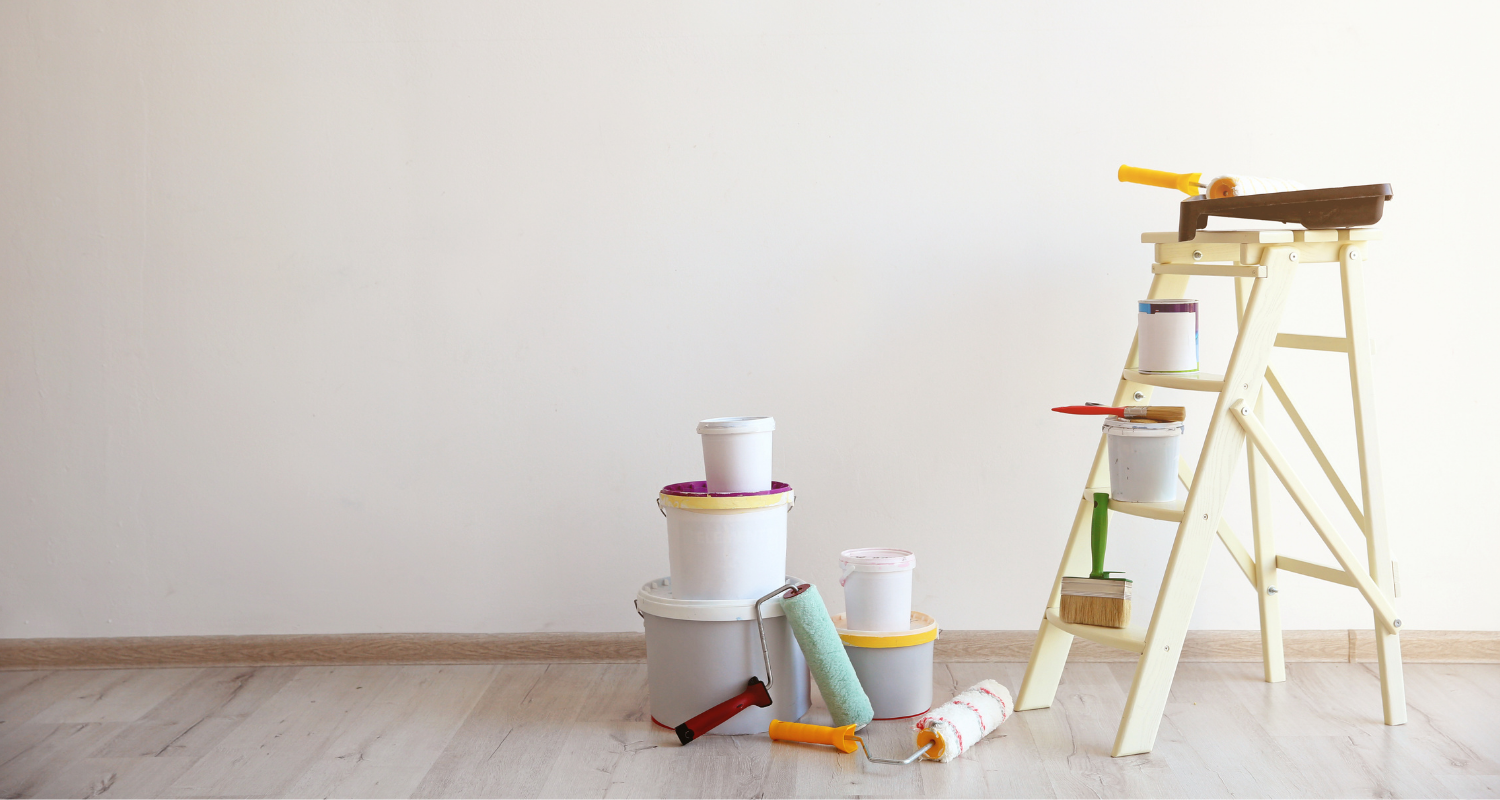What Not to Fix When Selling a House
Selling a house can be an exciting yet overwhelming endeavor. One of the biggest challenges that sellers often face is deciding what repairs and improvements to make before listing their property. While making necessary repairs and enhancing curb appeal are crucial, there are certain things that you might want to avoid fixing when selling your house. In this article, we’ll delve into some aspects that you don’t necessarily need to address before putting your home on the market. What not to fix when selling a house?
Understanding Priorities: What Truly Matters
Before diving into the specifics of what not to fix, it’s important to understand your priorities as a seller. The ultimate goal is to attract potential buyers and make your home appealing to them. However, not all repairs and upgrades will provide a significant return on investment. Focus on the aspects that matter the most to buyers and allocate your resources accordingly.
Trendy but Temporary Cosmetic Upgrades
When preparing your house for sale, it’s natural to want to make it look its best. However, it’s important to be cautious about investing in trendy yet temporary cosmetic upgrades. These include things like bold wallpaper, unique paint colors, or intricate tile designs. While these features might be appealing to some buyers, they can also be very subjective and off-putting to others.
Instead of spending time and money on elaborate cosmetic changes, consider opting for neutral and timeless design choices. A fresh coat of neutral paint and simple, classic decor can help potential buyers envision themselves living in the space without being distracted by overly personalized features.

Expensive Structural Changes
While it’s crucial to address any major structural issues, such as a leaking roof or a faulty foundation, it’s generally advisable to avoid making expensive structural changes that may not align with potential buyers’ preferences. These types of renovations can be costly and might not provide a significant return on investment.
For example, knocking down walls to create an open floor plan might be appealing to some buyers, but others might prefer distinct rooms with defined purposes. Instead of overhauling the entire layout, focus on minor adjustments and improvements that enhance the functionality of existing spaces.
Over-the-Top Landscaping
Curb appeal is important, and having a well-maintained yard can certainly make a positive impression on potential buyers. However, going overboard with extravagant landscaping can be a mistake. Intricate and high-maintenance landscaping features might deter buyers who are looking for a low-maintenance outdoor space.
Instead of investing in complex landscaping designs, consider simple yet effective improvements like trimming overgrown bushes, adding a fresh layer of mulch, and ensuring the lawn is well-maintained. These small changes can significantly enhance the overall curb appeal without overwhelming potential buyers.
Minor Cosmetic Flaws
It’s easy to get caught up in the desire for perfection, but it’s important to remember that minor cosmetic flaws are a part of almost every home. While fixing small imperfections like chipped paint or minor scratches is a good idea, there’s no need to obsess over every tiny detail.
Spending excessive time and resources on addressing every minor flaw might not translate into a higher selling price. Instead, focus on creating a clean and well-maintained environment that showcases the overall value of the property.
Specialty Rooms and Features
Having unique specialty rooms or features in your home, such as a home theater, wine cellar, or elaborate spa bathroom, can be appealing to some buyers. However, these specialized spaces can also limit the potential pool of interested buyers. For general house repairs mooloolaba read on.

When considering whether to invest in or remove specialty rooms or features, think about the broader market appeal. While some buyers might love the idea of a dedicated home gym, others might prefer a more versatile space that they can customize to their own preferences.
Over-Improving for the Neighborhood
While it’s important to make your house competitive in the market, over-improving for the neighborhood can be a costly mistake. If your home features significantly higher-end finishes and amenities compared to other homes in the area, it might be challenging to recoup the investment.
Before making major upgrades, research the market trends in your neighborhood and consult with a real estate professional. Aim to align your improvements with the expectations of potential buyers in your area.
Conclusion
In the journey of selling a house, it’s essential to strike a balance between making necessary improvements and avoiding unnecessary fixes. While it’s tempting to want to address every potential issue, focusing on what truly matters to buyers and understanding market trends can help you make informed decisions about where to invest your time and resources.
Remember, not every repair or upgrade will result in a higher sale price, so it’s important to prioritize and make choices that will have a meaningful impact on potential buyers. By avoiding these unnecessary fixes, you can streamline the selling process and increase your chances of a successful sale.

